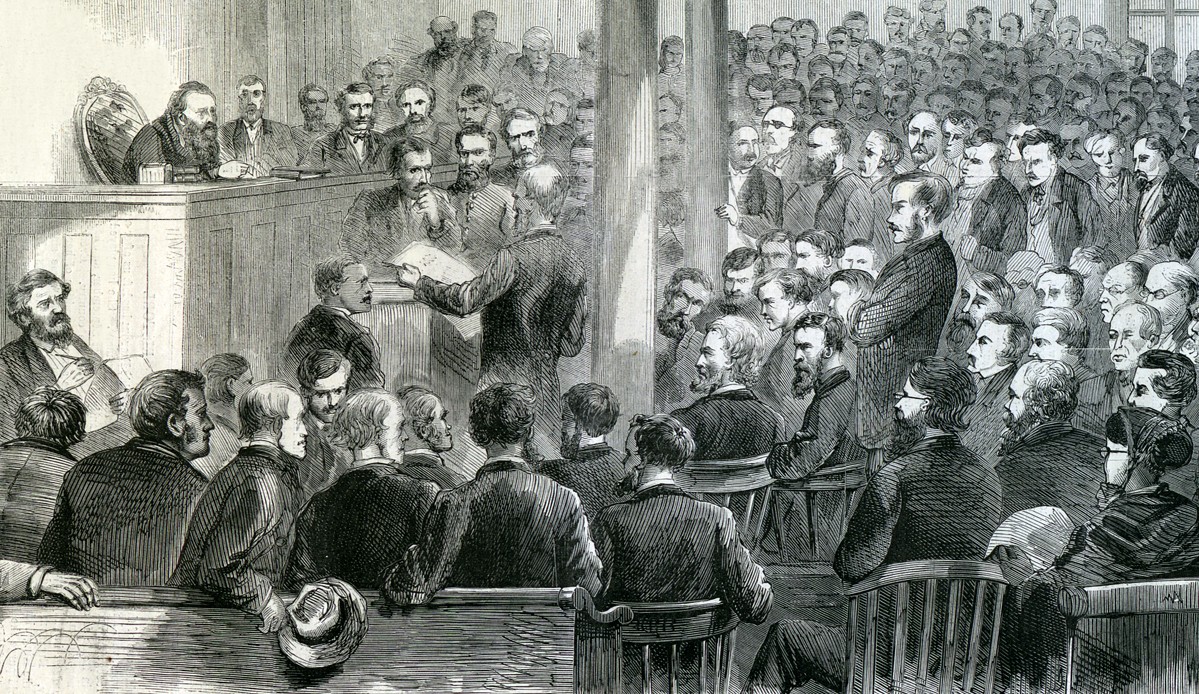meaner gene
Diamond Member
- Feb 11, 2017
- 21,909
- 18,114
- 2,290
Apparently you missed the lesson in civics. That if you don't like something about the constitution, you can remove it, or add it by amending the constitution.The clause on office ineligibility is not only minor, but itself allows infinite exceptions.
Blocking anyone from office likely was not even really legal for them to add to the Amendment.
No amendment to the constitution can be "illegal" because it becomes the supreme law of the land.

